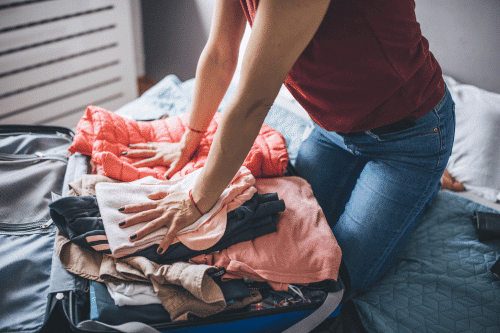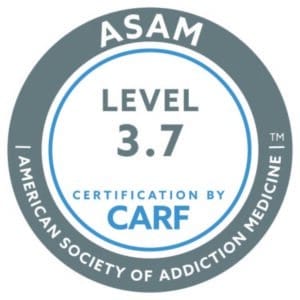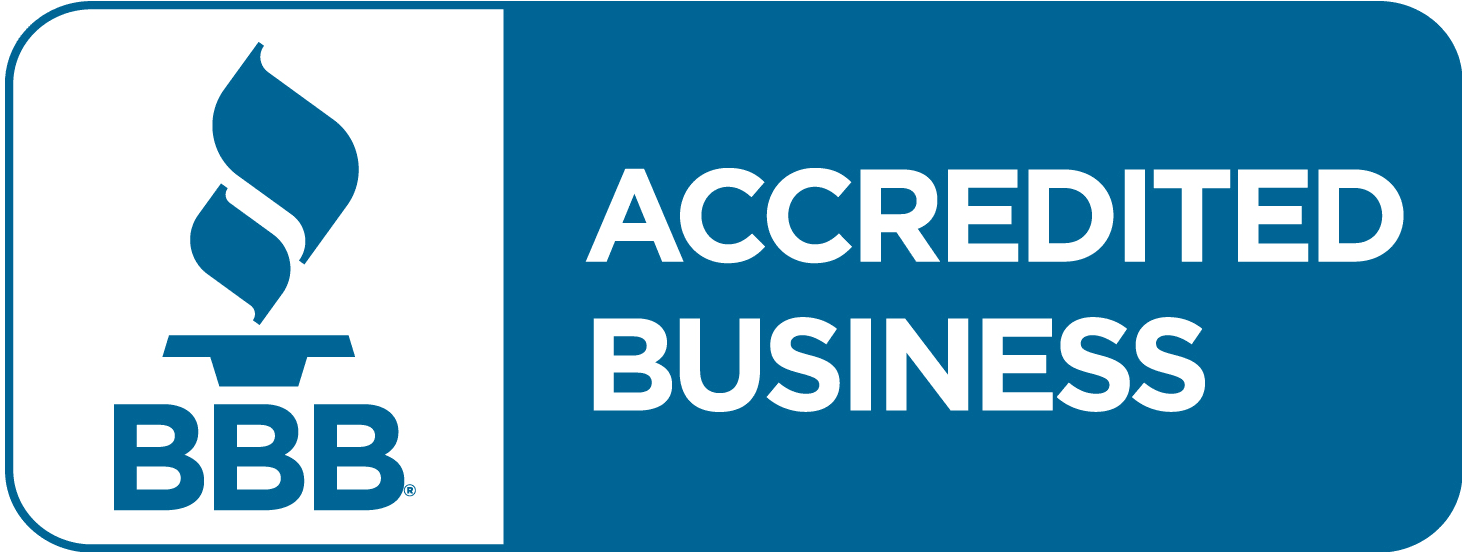Rehab Packing List
Preparing for a Successful Stay
Packing the right items for inpatient rehab can help reduce stress and support a smoother admissions process. Whether you’re entering residential treatment or outpatient treatment, having essential items prepared in advance ensures a more focused and comfortable recovery journey. This comprehensive rehab packing list from Opus Treatment in Orange County, CA outlines what to bring, what to leave at home, and how to get ready for a successful rehab experience.
Essential Documents and Paperwork
Before entering a rehab center, gather all necessary legal documents and insurance information. Bring a valid form of identification such as a driver’s license or passport. You will also need health insurance cards, your prescription card, and possibly your pharmacy card. If applicable, include medical records from your primary care physician or mental health provider. These documents help your treatment team build a personalized addiction treatment program.
What to Bring:
- Valid identification
- Health insurance cards
- Prescription card or pharmacy card
- Any required legal documents
- Contact list of emergency numbers
- Medical records
- List of current prescription medications
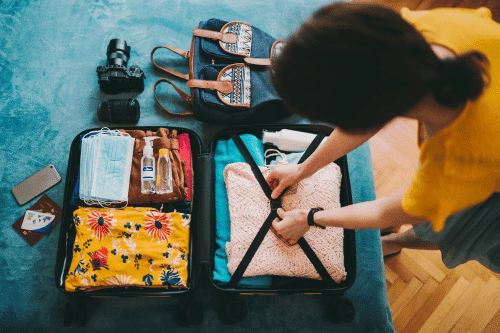
Clothing: Practical and Comfortable Choices
Choose comfortable, loose-fitting clothes that are appropriate for indoor and outdoor activities. Pack weather-appropriate clothing, including a light jacket or hoodie. Inpatient rehab facilities typically offer laundry facilities, so 7–10 days’ worth of clothing items is usually enough.
Avoid packing revealing clothing, suggestive clothing, or clothing with profanity, references to drugs, or explicit language. Inappropriate clothing can be disruptive to the recovery process.
Clothing to Pack:
- Comfortable clothes for everyday wear
- Athletic shoes and comfortable shoes
- Shower shoes or flops for showers
- Sleepwear
- Layered items (sweaters, jackets)
- Modest swimsuits (if applicable)
- Weather-appropriate clothing for outdoor activities
Clothing to Leave at Home:
- Inappropriate clothing (tank tops, backless shoes, etc.)
- Clothing with profanity or drug-related items
- Suits for women meant for special occasions
- Revealing or suggestive clothing
Personal Hygiene Essentials
Bring alcohol-free hygiene products to ensure a safe environment for all clients. This includes basic personal care products like shampoo, conditioner, toothbrush, and body wash. All items must be in unopened packs and labeled clearly. Liquid medication or personal care items should remain in original containers.
Suggested Personal Hygiene Items:
- Toothbrush and toothpaste
- Body wash and shampoo
- Deodorant
- Feminine hygiene products
- Shaving products
- Hair care products
- Hairstyling products
- Nail clippers (check with center)
- Alcohol-free beauty products
Avoid:
- Aerosol products
- Nail polish remover
- Nail polish (check with rehab staff)
- Polish remover with alcohol
- Perfumes or colognes with alcohol
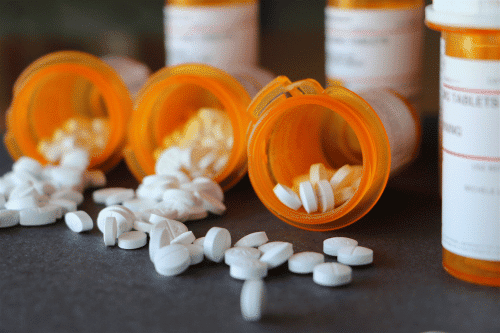
Prescription Medications and Medical Supplies
Bring all prescribed medications in original pharmacy bottles with correct labels. Include assistive devices like inhalers, EpiPens, or glucose monitors if needed. Let the admissions team know about any narcotic medications in advance. Over-the-counter medications and vitamin bottles may be accepted with prior approval from the treatment team.
What to Include:
- Current prescription medication
- Medication regimen list
- Liquid medication (in original containers)
- Assistive devices (e.g., CPAP machines, braces)
- Over-the-counter medications (if approved)
Entertainment: Books, Music, and More
Rehabilitation patients benefit from healthy distractions. Bring reading material such as self-help books, recovery journals, or fiction. Music devices that do not connect to the internet may be allowed. Digital cameras, gaming consoles, or devices with cameras are typically not allowed.
Allowed Items:
- Reading material
- Music devices (offline only)
- Recovery journal and pens
Not Allowed:
- Electronic devices with internet access
- Gaming consoles
- Devices with cameras
- Pornographic materials

Journals and Supplies for Reflection
Writing is a helpful part of the recovery journey. Journals give clients a place to express emotions, set goals, and track growth during their stay in the treatment facility.
Recommended Supplies:
- Notebook or recovery journal
- Pens or pencils
- Printed recovery workbooks
Electronics: Understanding Policy Restrictions
Most inpatient treatment centers restrict the use of cell phones, electronic items, and devices that can access the internet. Rehab staff may hold these items until phone use is approved. Each rehab center has its own policy, so ask during the admissions process.
Common Restrictions:
- Cell phones
- Tablets and laptops
- Devices with cameras
- Electric grooming supplies
Comfort Items: Bringing a Touch of Home
Bringing a few personal items can offer comfort during inpatient treatment. A small blanket, family photo, or alarm clock can help the facility feel more familiar.
Comfort Items to Bring:
- Small pillow or blanket
- Non-electronic alarm clock
- Personal photo
- Spiritual or religious item (if helpful)
Snacks and Non-Perishable Food Items
Some inpatient rehab programs allow non-perishable snacks. Bring sealed, unopened packs only. Vending machines are often available onsite for convenience.
Acceptable Snacks:
- Granola bars
- Trail mix
- Dried fruit
- Crackers
Avoid:
- Candy with high sugar
- Items with caffeine
- Perishable or opened food
Secure Storage: Luggage and Organizers
Pack your belongings in soft-sided luggage or duffel bags that are easy to store. Use small bags or organizers to separate personal care items, medications, and clothing. Avoid bringing expensive items or valuables.
Recommended:
- Clearly labeled luggage
- Toiletry organizers
- Zip-lock bags for hygiene items
Managing Financial Needs: Cash and Credit Cards
Bring a small amount of cash, a debit card, or a credit card. These may be used for vending machines or approved outings. Don’t bring large sums of money or unnecessary financial items.
What to Bring:
- Debit card or prepaid card
- Small amount of cash
- Credit card (for emergencies)
Importance of Checking Center-Specific Rules
Each rehab facility may have unique policies about what you can or cannot bring. Contact the admissions counselors at your treatment facility for a center-specific list of items. This avoids delays or the need to send things home.
Prohibited Items: What to Leave at Home
To keep all clients safe, rehab centers ban certain items. Do not bring illicit drugs, addictive substances, sharp objects, vaping devices, drug-related items, or nicotine products without approval.
Items to Leave at Home:
- Alcohol and drug paraphernalia
- Sharp objects (razors, scissors)
- Narcotic medications (unless approved)
- Tobacco products (unless permitted)
- Electronic items with internet or cameras
- Addictive substances
- Clothing with profanity or explicit content
Opus Treatment is committed to providing a safe and supportive environment for addiction recovery. Our admissions team is here to guide you through the packing process and answer any questions. Preparing with the right essentials helps you begin your journey to wellness with peace of mind and focus. For more details about what to bring to our rehab program, contact us today.
Frequently Asked Question's
Most inpatient rehab facilities, including Opus Treatment, limit or restrict cell phone use during the early stages of treatment. This policy helps reduce distractions and supports full engagement in the recovery process. Phones are typically held by staff and may be returned after a certain phase of treatment, based on individual progress and program guidelines.
Bringing prescribed medications in original pharmacy bottles ensures your treatment team can verify dosage, authenticity, and prescribing physician. It also allows the rehab center to safely store and administer medications according to your medical needs. Do not bring loose pills, unmarked bottles, or expired prescriptions.
Yes, but they must be alcohol-free and in unopened packaging. This includes shampoo, conditioner, deodorant, toothpaste, and feminine hygiene products. Avoid aerosol cans, mouthwash with alcohol, nail polish remover, and any product containing addictive substances. Always check with the admissions team before packing specific beauty or hygiene products.
Leave behind any illicit drugs, alcohol, narcotic medications (unless pre-approved), sharp objects, vaping devices, and items with offensive or triggering content. Inappropriate clothing, expensive items, gaming consoles, and electronic devices with internet or cameras are also not allowed. These rules help maintain a safe and respectful environment for all clients in recovery.
